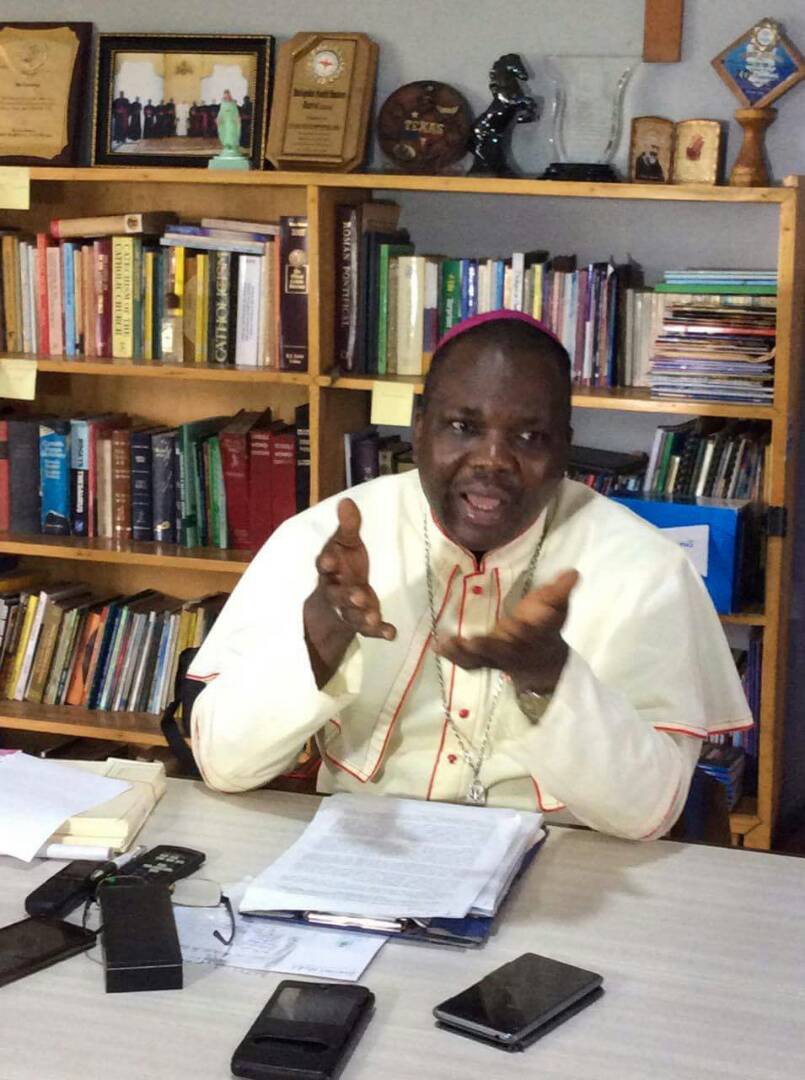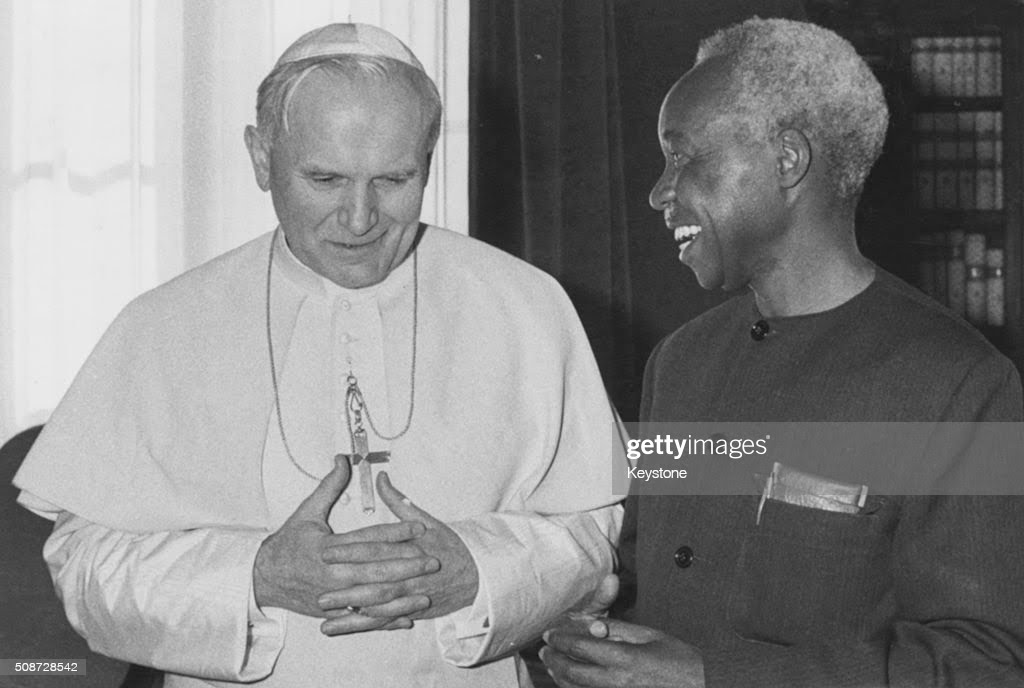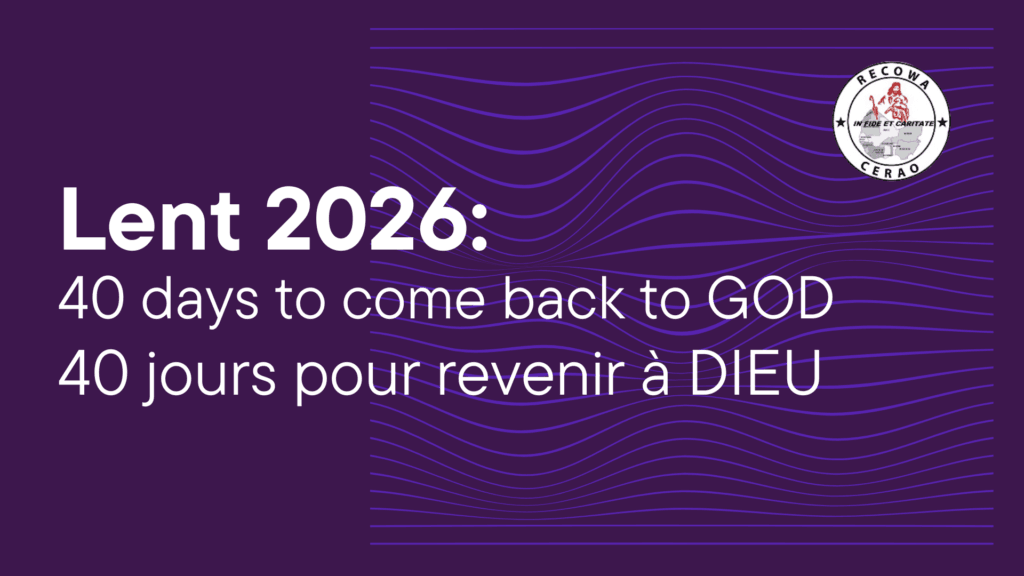On s’interroge sur l’enthousiasme et la passion avec lesquels nos législateurs poussent ce projet de loi. Serait-ce pour préserver soi-même plutôt que l’intérêt national? Le fait même de suggérer que le projet de loi pourrait être rétroactif témoigne de la mesure dans laquelle le Nigéria semble régresser alors que d’autres pays progressent. C’est un vestige de la stratégie des gouvernements antérieurs consistant à victimiser des ennemis supposés et à museler la liberté de parole. Les gens les connaissent et c’est «déjà vu».
Bien qu’il semble nécessaire d’exercer un certain contrôle sur la menace de fausses informations, j’estime que les dispositions de la constitution nigériane devraient suffire à protéger les citoyens et à poursuivre les auteurs de violations du droit. D’autres mesures publiques et privées pourraient également être adoptées. Une disposition draconienne telle que la peine de mort pour un discours de haine serait une invitation à l’anarchie et au chaos qui serait provoquée par une application presque certaine de telles lois par le gouvernement et des agents de sécurité trop zélés. Le gouvernement nigérian a une faible crédibilité pour une application juste et équitable de la loi. Le pays peut difficilement se permettre une loi comme celle-ci. Le traitement sélectif de groupes qui menaceraient la souveraineté du Nigéria et le cas d’Omoyele Sowore, qui ont été arrêtés après avoir rempli les conditions de leur libération sous caution et qui, malgré la décision de justice de le libérer, suspendent le gouvernement comme un albatros et compromettent la confiance dont ce gouvernement a grandement besoin. cette démocratie.
Si ce projet de loi est adopté, le Nigéria pourrait aussi bien faire ses adieux à la liberté de la presse. quiconque a le pouvoir et a quelque chose à cacher peut invoquer la loi et invoquer une telle punition pour ses ennemis présumés. Le Nigéria pourrait aussi oublier la lutte tant vantée contre la corruption pour les mêmes raisons. Laissons le gouvernement réparer les injustices passées, mettre en place l’infrastructure de base, traiter tous les groupes et les intérêts du pays équitablement conformément à la règle de droit, créer un environnement propice à la création d’emplois et rendre compte de manière transparente. Ensuite, il peut voir les Nigérians se transformer rapidement en une population fière, patriotique, productive et travailleuse. N’y a-t-il pas eu une période de meilleure gouvernance et de bon sens social pendant laquelle les Nigérians n’étaient pas si difficiles à gouverner? Il y en avait certainement!
xxxxxxxxxxxxxxxxxxxxxxxxxxxxxxxxxxxxxxxxxxxxxxxxxxxxxxxxxxxxxxxxxxxxxxxxxxxxxxxxxxxxxxxxxxxxxxxxxxxxxxxxxxxxxxxxxxxxxxxx
The proposed hate speech bill waiting to be passed at the National House of Assembly in Nigeria, recommending death by hanging for anyone found guilty of hate speech, is an attack on Nigerians and what decency is left of the country by the very people supposedly elected to work for Nigeria’s progress. Nigeria should not be proposing capital punishment at this period when other civilized country are abandoning it because life is inviolable. Capital punishment really just makes society more violent and does not really work as a deterrent. That Nigerian lawmakers would contemplate the death penalty for hate speech in a country where hate crimes like political assassination, violent political rhetorics, ethnic cleansing, kidnapping for ransom etc. have occurred for years without much a permanent solution is very distressing. The lawmakers should be fighting to decrease the harvest of death in parts of Nigeria. In any case human life is sacred and belongs only to the Creator to take.
One wonders at the enthusiasm and passion with which our lawmakers are pushing this bill. Could it be for self-preservation rather than national interest? To even suggest that the bill could be retroactive is evidence of how much Nigeria seems to retrogress while other countries progress. It is a vestige of past governments’ strategy to victimize perceived enemies and muzzle free speech. The people know them and it is “déjà vu”.
While it seems necessary to exercise some control over the menace of fake news I believe that the provisions of the Nigerian Constitution should suffice to protect citizens and prosecute those who transgress the law. Other public and private measures too could be adopted. A draconian provision like the death penalty for hate speech would be an invitation to anarchy and chaos which will be provoked by an almost certain misapplication of such laws by government and overzealous security agents. The Nigerian government has poor credibility for even and fair application of the law. The country can ill afford a law as this one. The selective treatment of groups allegedly threatening Nigeria’s sovereignty and the case of Omoyele Sowore, being detained after fulfilling bail conditions and despite a court ruling to release him hang on the government like an albatross and compromise the trust that this government greatly needs from the people in this democracy.
If this bill is passed, Nigeria might as well bid bye to press freedom. anyone who has power and has something to hide could invoke the law and conjure such punishment for perceived enemies. Nigeria might as forget the much-touted fight against corruption for the same reasons. Let the government redress past injustices, provide basic infrastructure, treat all groups and interest in the country fairly according to the rule of law, provide an enabling environment for jobs and be transparently accountable. Then it can watch Nigerians quickly change from being a pain in the neck to a proud, patriotic, productive, hardworking population. Was there not a period of better governance and social sanity when Nigerians were not so difficult to govern? There certainly was!
- CATHOLIC ARCHBISHOP IN GHANA HAILS POPE LEO XIV AS GOD’S GIFT - 23 mai 2025
- POPE LEO XIV TO APPROVE CANONIZATIONS - 22 mai 2025
- THE EVOLUTION OF PAPAL TRANSPORTATION - 20 mai 2025







